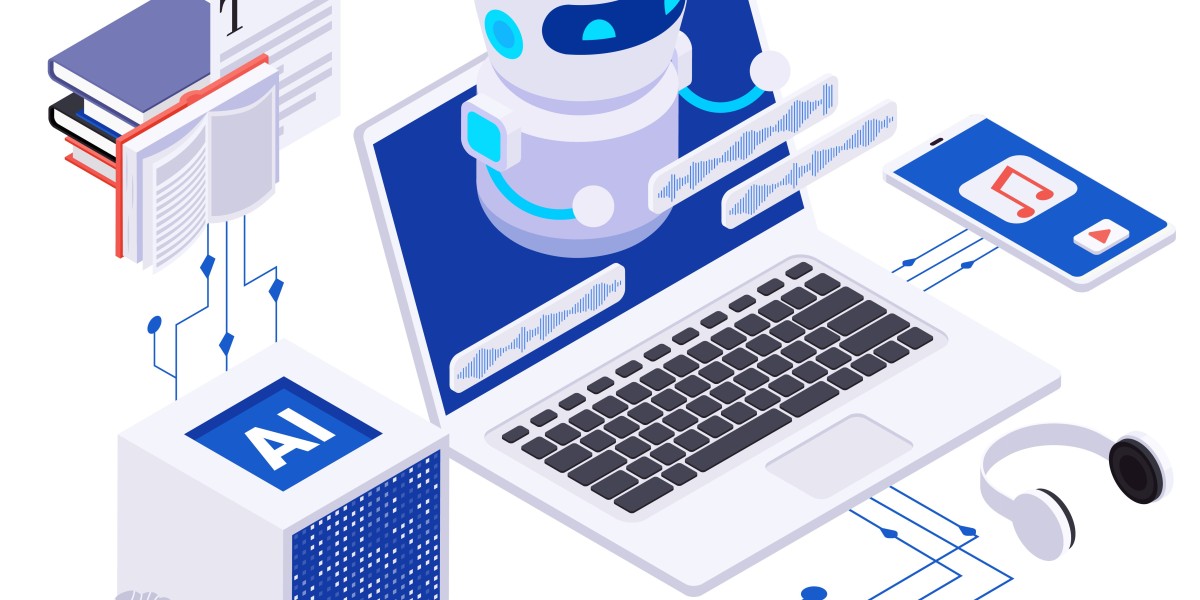This bottleneck limits their usability for mainstream applications such as payments, gaming, and decentralized artificial intelligence. However, a new convergence of zero knowledge rollups and artificial intelligence (AI) is rewriting the rules, creating faster, more efficient blockchain systems powered by intelligent verification.
At the center of this innovation lies ZKP (Zero-Knowledge Proofs), a cryptographic technique that allows a network to verify transactions or computations without revealing the underlying data. When integrated into rollups — a popular Layer-2 scaling solution — ZKPs transform blockchain from a slow, data-heavy network into a high-speed, privacy-preserving digital infrastructure.
The Scalability Problem
Before diving into how AI and zero-knowledge systems solve scalability, it’s essential to understand the challenge.
Blockchains, by design, require every node to validate and store all transactions to maintain decentralization and trust. This architecture ensures security but severely limits transaction throughput. As a result, most blockchains process only a handful of transactions per second — far below the capacity needed for global-scale applications.
This trade-off between decentralization, security, and scalability — often referred to as the blockchain trilemma — has pushed researchers to develop new methods that can maintain security while improving speed. Zero knowledge rollups are among the most promising answers to this problem.
What Are Zero-Knowledge Rollups?
Zero knowledge rollups, or ZK-rollups, are Layer-2 solutions that bundle hundreds or even thousands of off-chain transactions into a single proof. This proof, generated using ZKP technology, is then submitted to the main blockchain for verification.
Here’s how it works:
Transactions are executed off-chain, reducing the computational load on the main network.
The results of those transactions are summarized into a succinct proof — a zero-knowledge proof that mathematically guarantees their validity.
The main blockchain verifies this single proof instead of each individual transaction.
The result is a system that maintains the same level of security as the base chain but operates at a fraction of the cost and time. By reducing the amount of data posted on-chain, ZKP-based rollups dramatically increase throughput and reduce fees, making decentralized networks scalable and efficient.
The Role of AI in Optimizing ZK-Rollups
While zero-knowledge proofs solve scalability on the cryptographic side, AI introduces a new dimension — optimization and automation. The generation of proofs, especially in complex systems, can be computationally expensive. AI algorithms can help optimize the creation, compression, and verification of these proofs.
Machine learning models, for example, can predict transaction patterns, optimize batching of transactions, and allocate computational resources more efficiently. In doing so, AI not only accelerates proof generation but also enhances the scalability and sustainability of zero knowledge rollups.
Moreover, AI can assist in designing more efficient cryptographic circuits — the mathematical frameworks that ZKPs rely on. By analyzing large datasets of proof computations, AI can find ways to minimize redundancy and energy consumption, making blockchain operations faster and greener.
Privacy, Trust, and Performance
One of the greatest strengths of ZKP technology is that it enables privacy without compromising trust. In traditional systems, verification often requires revealing sensitive data — but with zero-knowledge proofs, users can prove the validity of their transactions without exposing details such as identity, balance, or contract logic.
When combined with AI, this confidentiality extends to intelligent automation. AI-driven systems can execute smart contracts or make on-chain decisions while preserving the privacy of their input data. This fusion creates a blockchain ecosystem that is not only faster but also smarter and more secure.
Thus, zero knowledge rollups supported by AI represent the ultimate trifecta: scalability, privacy, and computational efficiency.
Toward a Smarter, Scalable Future
The partnership between ZKP and AI is more than a technical enhancement — it’s a new direction for blockchain evolution. Together, they turn blockchain into a verifiable computing network that can handle massive data flows while keeping user information private and computations trustworthy.
As more applications move toward decentralized infrastructures, the demand for scalability will only increase. Zero knowledge rollups, strengthened by AI optimization, hold the key to meeting that demand — transforming blockchain from a slow, experimental system into a practical foundation for the digital economy.
The future of blockchain lies in intelligence and efficiency, and the fusion of AI and ZKP is paving the way. What once seemed an impossible balance — scalability without compromise — is now within reach. Through zero knowledge rollups, blockchain technology is evolving into a system that’s not just decentralized and secure, but also truly scalable and intelligent.













